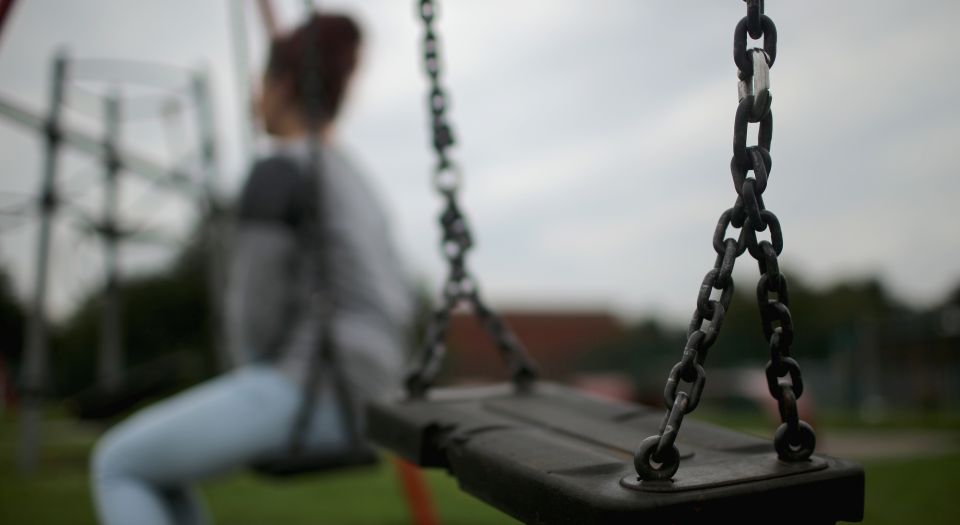We have to stop saying ‘Asian grooming gangs’
‘Asian’ has become a way of avoiding mentioning the M-word.

Want to read spiked ad-free? Become a spiked supporter.
Last month, two decisions were made by IPSO, the body which regulates most of the British press, in relation to the use of the word ‘Asians’. A complaint against The Sunday Times was upheld. IPSO ruled that the paper had published an inaccurate headline when it claimed that ‘Asians make up 80 per cent of child groomers’. The Muslim Council of Britain’s Miqdaad Versi called for a correction to clarify that the 80 per cent referred specifically to grooming ‘gangs’, not all child groomers.
But who are we referring to when we use the word ‘Asians’? The other complaint sought to address this issue. It was lodged by Sikh, Hindu and Pakistani-Christian groups, concerned about the liberal use of the word ‘Asian’ in the Sunday Mirror’s investigation into child-grooming gangs in Telford. The Sunday Mirror exposed ‘epidemic’ levels of child sexual exploitation in the northern town, where it was suggested that up to 1,000 girls, some as young as 11, had been abused by Asian men.
But the term ‘Asian’ is far too broad and smears innocent communities, said the complainants. They added that many Asian girls had been targeted by grooming gangs, too. But IPSO rejected their complaint. The regulator ruled that it was not ‘inaccurate to say the men were “mainly Asian”’. Nor did it give a ‘significantly misleading impression’, it said. Presumably, the editors’ code would also consider it accurate to describe these men as ‘mammals’, ‘humans’ or even ‘sentient beings’.
Joking aside, the complainants were right. The media’s use of ‘Asian’ to describe grooming gangs not only masks the ethno-religious identity of the perpetrators – it also throws Sikhs, Hindus, Pakistani-Christians and every other Asian under the bus. Gangs of Indian, Japanese and Korean men are not rampaging across Britain’s towns and cities, sexually abusing underage white girls. The men doing so are predominantly of Pakistani-Muslim heritage.
There is a great deal of evidence to support this. A 2017 Quilliam report, which researched the cases of 58 grooming gangs since 2005, found that 84 per cent of grooming-gang members are (South) Asian and the majority were ‘of Pakistani origin, with Muslim heritage’. The report suggests this background influenced the crimes these men committed against mainly young, white girls. In 2012, Judge Gerald Clifton foreshadowed this finding when sentencing nine members of a Rochdale grooming gang. He said they had treated their victims as ‘worthless and beyond all respect’, partly because they were not of the offenders’ ‘community or religion’. Recently, a Rotherham grooming-gang survivor described how she was persecuted for being ‘a white slag’ because she was non-Muslim.
Despite all this evidence, speaking out against Pakistani-Muslim grooming gangs is difficult. Muslims who speak out are labelled as traitors, while non-Muslims are called bigots. For instance, when Amina Lone, Labour councillor in Manchester, herself a Muslim, defended Sarah Champion for writing about this trend in the Sun, the Labour Party deselected her.
None of this is to say that all Pakistani-Muslim men are a threat. But we need to clearly identify perpetrators and scrutinise their motivations. What is it about these men that makes them more likely to be involved in these crimes, whereas Pakistani men of other faith backgrounds aren’t? If we shy away from asking these questions we not only mystify the problem, we fuel the agenda of racists who always use this issue as a pretext to smear entire communities. Our inability to talk about this sensitively has allowed them to hijack it.
Simply being specific about the background of those convicted in grooming-gang cases can lead to Tourette’s-like accusations of Islamophobia, racism or hate. The fear of being called out can be disabling. It has undoubtedly deterred officers in local government, the police and civil society from taking steps to safeguard the welfare of vulnerable, underage girls. Fortunately, this has failed to deter journalists like The Times’ Andrew Norfolk, whose courageous pursuit of the truth uncovered the Rotherham grooming scandal and prompted a government inquiry.
But much of the British media has a lot to answer for. In insisting on referring to grooming gangs as ‘Asian’, journalists are lending the perpetrators a cloak of anonymity and demonising the rest of us.
Hardeep Singh is a writer based in London. Follow him on Twitter: @singhtwo2
Who funds spiked? You do
We are funded by you. And in this era of cancel culture and advertiser boycotts, we rely on your donations more than ever. Seventy per cent of our revenue comes from our readers’ donations – the vast majority giving just £5 per month. If you make a regular donation – of £5 a month or £50 a year – you can become a and enjoy:
–Ad-free reading
–Exclusive events
–Access to our comments section
It’s the best way to keep spiked going – and growing. Thank you!







Comments
Want to join the conversation?
Only spiked supporters and patrons, who donate regularly to us, can comment on our articles.